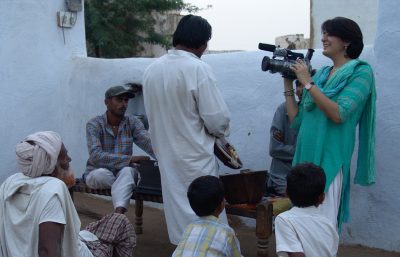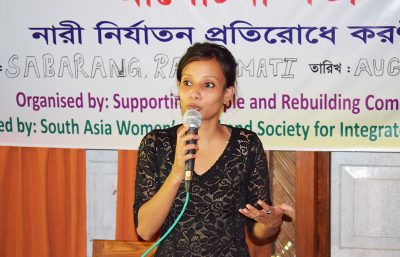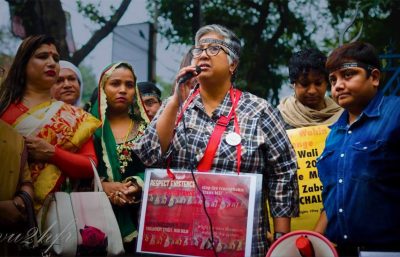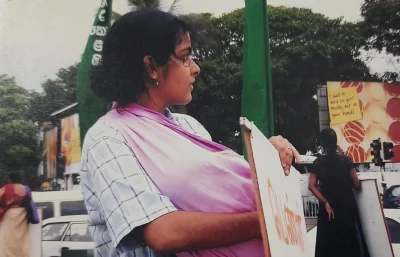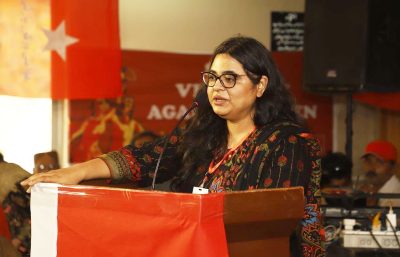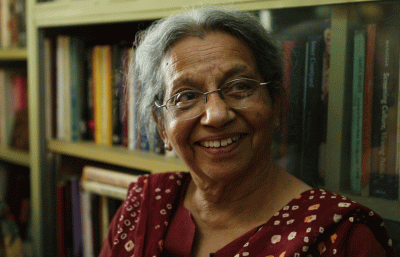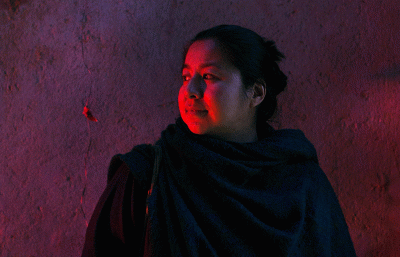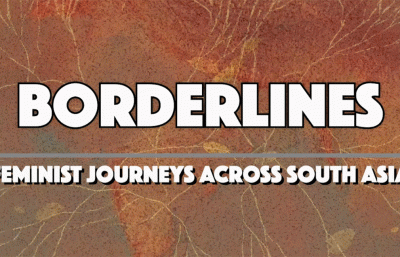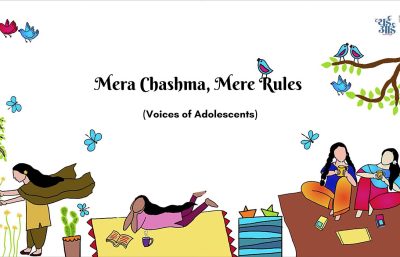Borderlines (co-produced in collaboration with CREA) is a seven-part video series documenting how feminists work, intervene and connect the dots across the region to create knowledge in South Asia.
She picks moments from more recent histories of South Asian feminists coming together in the 80s, 90s and 2000s, moments that led to building solidarities across regions. From poetry, mushairas, women studies courses that taught the nature of matriliny in the region, street plays that uncovered the farce of laws regulating women’s rights, to workshops that captured the experiences and critiques built by South Asian women, Chakravarti, with great delight, describes how feminists imagined giving shape and form to an imagined, non-patriarchal, inclusive South Asia. She also recounts the incredible ways in which feminists have built bridges across national borders, battles, and bitterness, and why these histories need to be remembered and re-membered across generations to ensure that they are not erased from memory.
Over close to a decade, she was a part of a three-month women studies course organised by ASR (Applied Socio-Economic Research) in Lahore that had a South Asian faculty and students. “One was challenged to think out of the nation-state boundaries and think conceptually about the categories that we were foregrounding as practitioners of feminist history. That is, traditional history being melded into the histories of this [South Asian] region, made possible by the feminist course. Because as a feminist, you could actually create your own course,” says Chakravarti.
This video series works to build a substantive record of feminists across the region, one that counters mainstream notions of what makes us different, to move towards what makes us distinctly South Asian.



